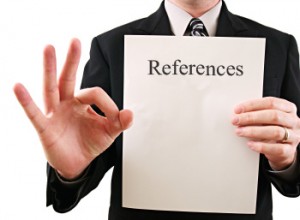It’s a bit ironic to think that one could say all the right things in an interview, yet the job offer may depend more on the words of someone else. This is all thanks to reference checks. No one can know for sure what references will say, but this article aims to shed some light on what recruiters are digging for.
Evaluation of Skills
Recruiters want to learn about actual job performance. This includes things such as leadership skills, adaptability, decision making, etc. Recruiters often want a confirming example along with evaluating the skill.
Verification
Honesty is integrated into the culture of many companies and organizations; therefore, recruiters understandably want to hire honest candidates. To ensure that the statements a candidate has made about previous work experiences are true, reference checks verify the validity of a resume and other claims made during the interview. The only way to authenticate these claims is to get in touch with someone that knows and is willing to confirm or deny the claims.
Gathering Opinions
Another crucial point of reference checks is simply to gain a better understanding of the likeability of a candidate. It’s very tough to determine the personality of a candidate through a couple of face-to-face interactions. While one may be very successful in a field of work, it doesn’t necessarily follow that others enjoy working with them. This is important information for recruiters to know, and is best learned through the feedback of references.
Reference checks can provide a more complete picture of an individual. While it’s a bit worrisome to think that past employers and peers may have a say in your future employment, it should also be kept in mind that reference checks are usually helpful. Although your relationship with your past employer may have been somewhat less than ideal, it is always better to be honest and open in the interview phase, as reference checks will likely reveal the truth.
Would you like to see how RefLynk works? Register for a weekly demo.


